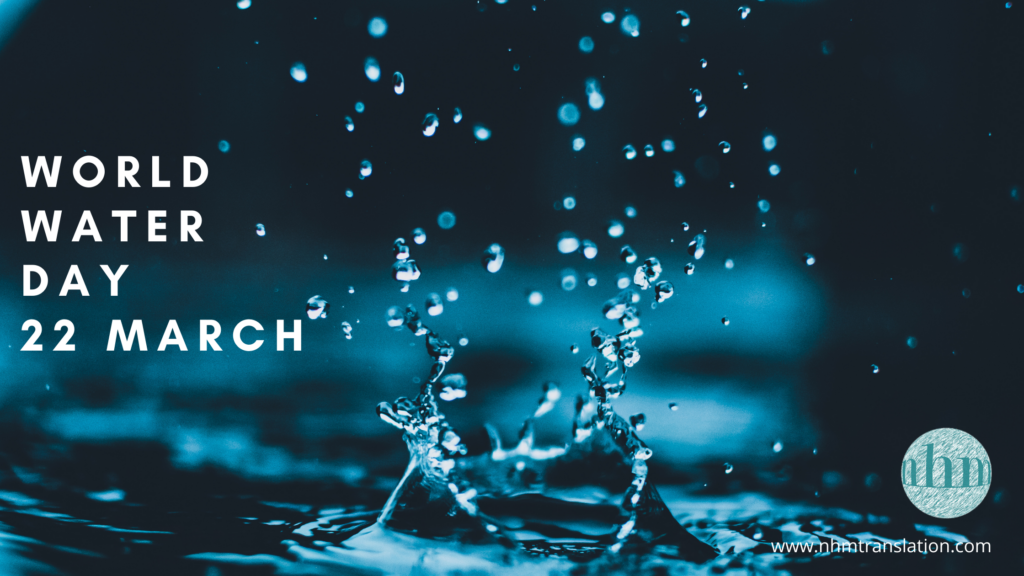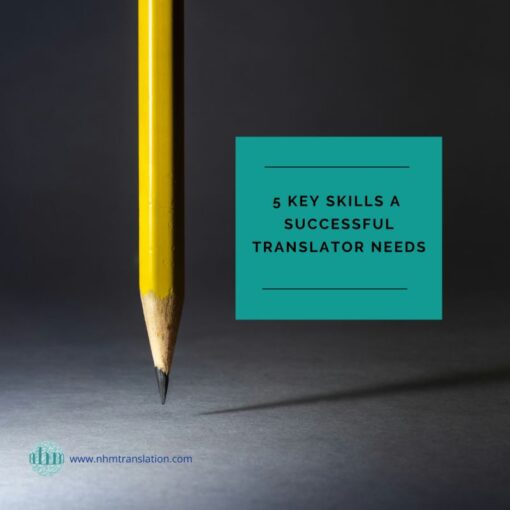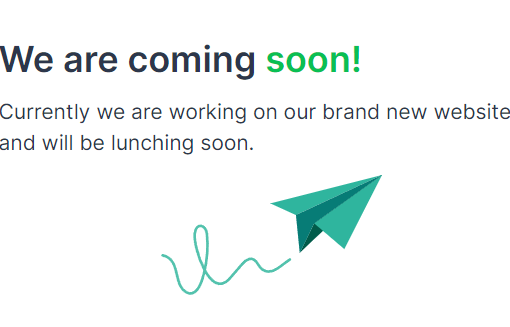As I write, rain has been constantly drizzling outside, on a grey old afternoon. I’m thankful for the sustenance it brings to my garden and to my supply of clean drinking water.
Water is essential to life. Yet, living and growing up in Australia, I’ve seen the devastation of drought, the inconvenience of water restrictions but also the irony of the devastation of flooding to drought wrought areas. Water and easy access to it is something we take so much for granted, yet people in all kinds of places around the world are struggling to access the quantity and quality of water they need for drinking, cooking, bathing, handwashing, and growing their food.
Today is World Water Day, when the United Nations officially recognises the issue of water scarcity. The United Nations’ Sustainable Development Goal 6 aims to ensure the availability and management of water and sanitation for all, including an end to open defecation, by 2030.
So let’s give a thought to all those 844 million people globally who lack access to clean water. Without clean, easily accessible water, families and communities are locked in poverty for generations. Children drop out of school and parents struggle to make a living.
According to the Global Water Partnership, water is increasingly central to the green economy transition. Water is embedded in all aspects of development – food security, health, and poverty reduction – and in sustaining economic growth in agriculture, industry, and energy generation.
In order to support the transition to a greener economy there needs to be a focus on the socio-economic opportunities that proper water management provides for development, whilst also safeguarding freshwater ecosystems. In my work on pro bono translations for Translators without Borders, it is positive to see NGOs ensuring there are emergency water management plans in place, but there is still more to be done to create sustainable access to water.
With water management initiatives comes new terminology and acronyms to learn, such as WASH (Water Sanitation and Hygiene). It’s also exciting to see key 4IR technologies (Artificial Intelligence, the Internet of Things and Big Data, Blockchain, Drones and Remote Sensing, and Virtual and Augmented Reality) being applied in the WASH sector globally. This report on the application of these technologies in Latin America and the Caribbean (LAC) region is an inspiring read, and hats off to the translators who have made it available in Spanish.
What water-related initiative has inspired you this World Water Day?





 English
English